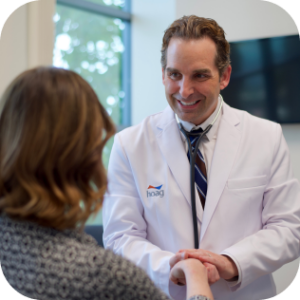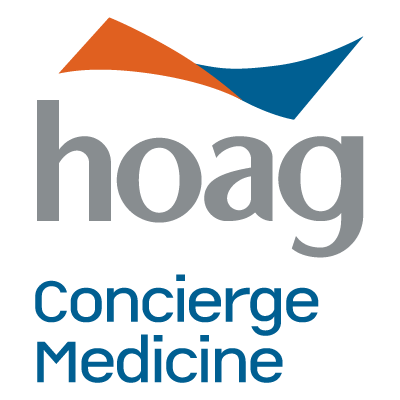Preventative care and longevity go hand-in-hand. Did you know that, “chronic diseases are among the most common, costly, and preventable of all health problems in the United States?” To address this growing issue, Congress authorized the U.S. Department of Health and Human Services (HHS) in 1984 to create a network of academic research centers to conduct community-based applied public health research to address chronic diseases and other leading causes of death and disability in the United States. CDC was selected to provide leadership, technical assistance, and oversight for the Prevention Research Centers (PRC) Program. The healthcare community and other groups of people interested in the science of aging have learned a lot from their research and other programs like it over the years.
Studies, like this one, 10 Keys to Healthy Aging from the University of Pittsburgh PRC Program and the Blue Zones findings documented in the American Journal of Lifestyle Medicine, reveal that people who have greater access to care, a community of support, and are proactive about their health are more likely to reduce their risk of early-onset chronic diseases, experience fewer serious health complications as they age, and are therefore able to live longer, healthier lives.

At Hoag, we also believe in the power of preventative care. It is one of the easiest and most effective strategies for healthy aging. Here are a few tips supported by Dr. Lindberg and our physicians across Hoag Concierge, Hoag Prime and Hoag Executive Health membership programs on simple actions you can take to support your continuous well-being:
- Commit to scheduling and completing your annual physical exam. Your doctor will review your health history, conduct a head-to-toe physical exam; a nurse may assist in checking vitals and help order labs for blood work that can help your physician assess your risk for diabetes, cholesterol, and many common deficiencies.
- Don’t wait until you’re sick to get help. Be mindful of your body and any changes that may seem out of the ordinary, or if you become symptomatic. This includes self-screening for any bumps and lumps that could be possible signs of cancer. Shortness of breath when doing common activities, tightness in the chest area, or quick onset of nausea and headache which could be signs of a cardiac event like a heart attack.
- Proactively seek out health resources. Hoag hosts classes and events at many of our sites and online to help educate patients on a variety of health topics including mental health and nutrition. We also have a podcast featuring doctors across the Hoag network offering insights about health and wellness. Your Hoag physician’s office also has additional resources they can share if you call seeking information about a specific area of interest or concern. They may also suggest making an appointment with your physician too for one-to-one medical counsel.
- Get vaccinated. Whether you want to avoid the annual variation of influenza, or boost your immunity to COVID-19 vaccinations are an option most patients should consider. If you have questions about a vaccination your physician or care team is available to get you the information you need to navigate the best choice for you.
- Make healthy lifestyle swaps. It’s easy to become overly indulgent and push nutritional guidance to the wayside in favor of sweet, salty and fatty foods. However, as we age, these things can catch-up with us leading to heart disease, obesity and other disease states. Movement is important too! Taking a brisk walk for 15-30 minutes every day can make a significant difference in improving health outcomes, and support mobility into the later years. Hoag’s team of nutritionists and exercise physiologists can guide you by identifying ways to incorporate enough of the right type of fruits, veggies and healthy fats to support your longevity.
Hoag is here to support your ongoing health journey. We want to see you thrive at every age. If you’re interested in learning more about any of our Hoag health membership programs, call 949-629-2600.
